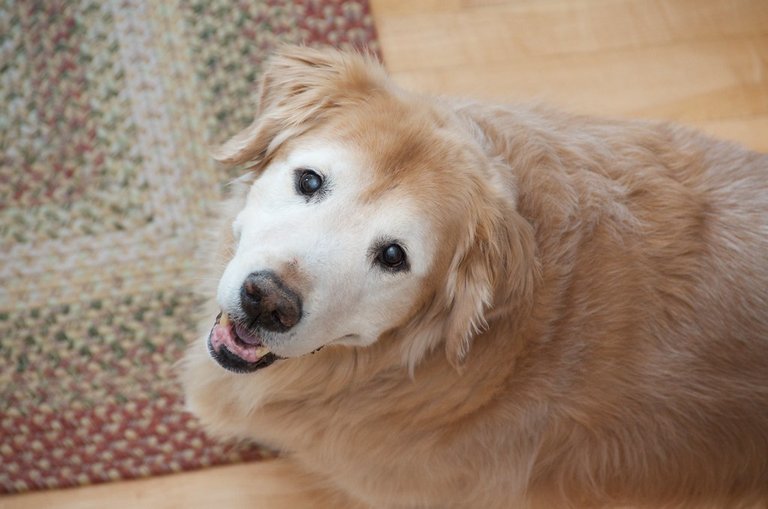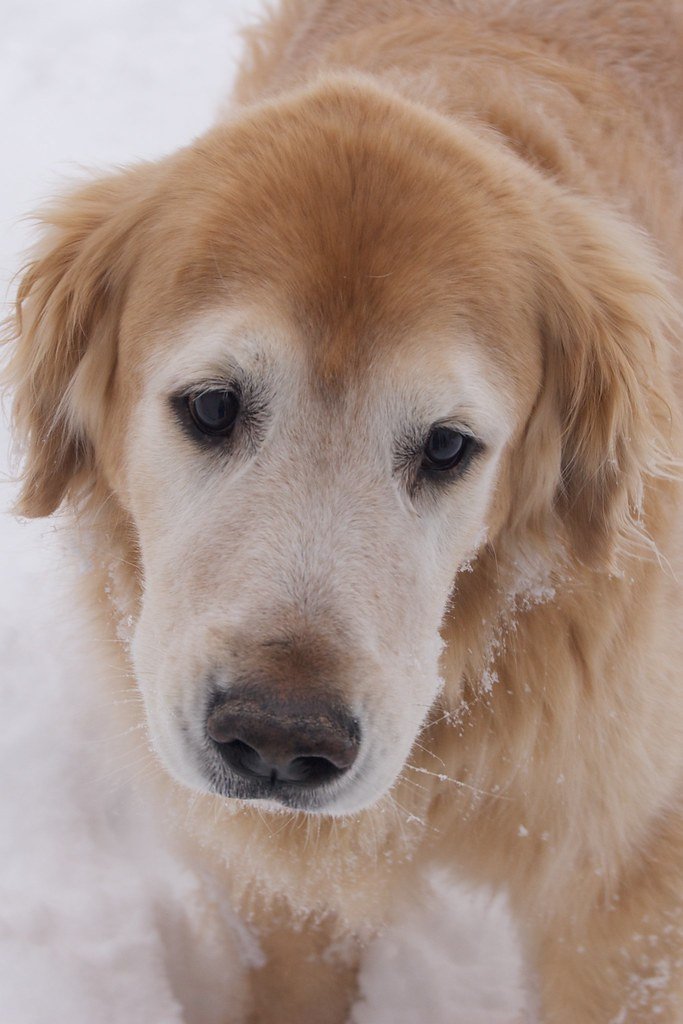Pets Can Have A Dental Condition
While you take yourself and your kids for that dental appointment, you should bear in mind that your little pet may have a dental disease too. Dental disease, also called periodontal disease in pets, is one of the most common health issues that dogs have, just like it can happen with humans; tartar and plaque can also build up on their teeth. While it accumulates, it could get underneath the gum line, causing inflammation of the gums and gingivitis.
During the progression of plaque, gingivitis, and tartar, bacteria in the mouth start to break down support structures for the teeth; this process is known as periodontitis. Furthermore, there would be a buildup of what is considered bad bacteria in the mouth, causing death of the tissues. These bad bacteria also produce sulfur compounds, generating bad breath.
Periodontal disease is in four stages, and it is dependent on how much bone loss has occurred around the teeth. Gingivitis gives no bone loss; it will only have a red appearance along the gum line. Early periodontal disease presents over 25% bone loss, established periodontal disease has over 25-50% bone loss, and advanced periodontal disease has over 50% bone loss.
Most commonly, when a dog has periodontal disease, you will see the signs like; bad breath, loose teeth, limited appetite, bleeding from the gum especially when the pet is trying to chew on toys or any hard object, accumulation of tartar on the teeth, teeth loss, irritability, swelling of the face, the roots of the teeth becomes visible, drooling excessively, sneezing or nasal discharge is also a strong possibility.
Some things make a dog predisposed to a more rapid development of periodontal disease, like the dog's breed, as it is more common amongst small-breed dogs, short-muzzled dogs, misalignment of the jaw, enamel defects, wet food diets, absence of oral hygiene, and lack of oral hygiene.
Unfortunately, the symptoms of periodontal disease does not show on time in dogs, before dog owners begin to notice it, it may already be at the advanced stage, although by been observant, you can dictate some early symptoms simply by looking at the mouth of your dog, you just need to be more observant. But this is all the more reason why prevention through veterinary checkups is very important.
The presence of periodontal disease brings teeth loss, therefore creating problems with eating or chewing, which can eventually affect the nutritional balance of the pet if not treated. The associated pain is also great, and it can also result in damage to other parts of the body, like the heart, kidneys, and liver. When periodontal disease is severe, it may require tooth extraction; when the disease is still at a moderate level, however, basic treatments can be administered to reduce the depth of the pockets where the teeth are or to regain attachment. With a consistent dental routine, the early stage of the disease can be identified and rectified through the process of polishing and scaling of the dog's teeth above and below the gum line. This procedure will be done when the pet has been placed under anesthesia.
When the extraction of the diseased teeth is done, it gives room for the soft tissue and affected bone to heal. The extraction of teeth would not affect the quality of life of the pet, so there is no need to worry. The mouth happens to be one of the fastest-healing parts of the body, so even with an extraction, the dog will recover well within seven days. A wet diet is often advisable during this period to give room for the gum to heal properly.
To prevent further buildup of tartar for your dog, brushing once daily with a soft bristle toothbrush is important, as it helps to scrape off plaque and eventually prevent tartar buildup. It isn't easy to brush a dog's teeth, but patience and training will make it possible.
References.
msdvetmanual.com/digestive-system
expert-advice/health/periodontal


Thanks for your contribution to the STEMsocial community. Feel free to join us on discord to get to know the rest of us!
Please consider delegating to the @stemsocial account (85% of the curation rewards are returned).
Thanks for including @stemsocial as a beneficiary of this post and your support for promoting science and education on Hive.